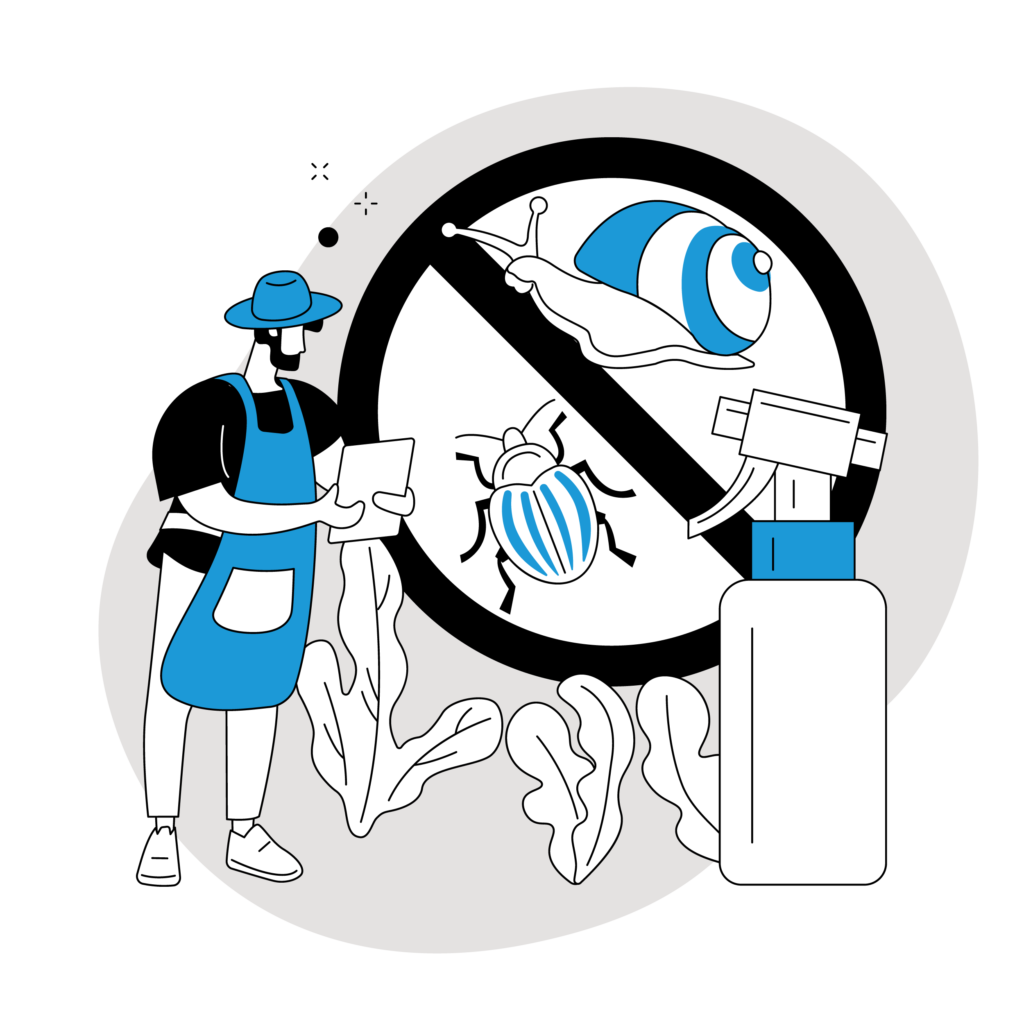Pest Control

Pest Control Services
Our commercial pest control systems are designed with strict adherence to health and safety regulations and commercial legal requirements. Our pest control services are tailored to meet every customer’s specific need as well as UK health and safety policies. We have years of expertise in pest control services
Baiting Stations
Baiting stations keep rat snap traps or glue sheets from kids or non-target animals. Non-poisonous block bait can be used to screen rat activity. It will prevent accidental spillage and contamination when used in food services. This form of pest control also helps you save money as it remains in place for an extended period. This bait attracts rodents, particularly mice, since they feel safe and protected in dark enclosed spaces.


Premises Check
We offer routine checks for facilities like shops and restaurants to ensure they are protected against pest infestations. For shops and restaurants, we advise premises check eight times each year while for any other, it is usually ten times annually. Five weekly checks during the late spring and every two weeks during the winter are also recommended. However, we are ready for regular visitations on client demands.
Consultancy
Our team of highly skilled pest control contractors offer training, inspection, and other consultancy services to manage your pest requirements. Well Planned pest control services support the pharmaceutical, retail, food manufacturing, and property management business . Our pest management team also provides remote pest monitoring, inspection and management consultancy. We have pest management publications to help with insect identification, pest-resistant packing and analysis of pest trends and data as required by food safety standards.

we work with
Get in touch to see how we can help with your Facilities Management.
For general enquiries please fill out the form and our team will be back in touch. Or give us a call or email using the details below.
Facilities management company FAQs
We’ve done our best to try and answer some of the most common questions about facilities management companies below:
What is facilities management?
Facilities management encompasses the coordination and management of all services and resources required to maintain and operate a building or facility efficiently. This includes tasks
such as maintenance, cleaning, security, and energy management, ensuring that the physical environment meets the needs of its occupants and functions smoothly.
such as maintenance, cleaning, security, and energy management, ensuring that the physical environment meets the needs of its occupants and functions smoothly.
What does a facilities management company do?
A facilities management company provides comprehensive services to maintain and manage buildings and facilities. This includes handling daily operations like cleaning, maintenance, and security, as well as overseeing specialized tasks such as energy management and compliance with health and safety regulations. The goal is to ensure that the facilities run efficiently, safely, and effectively.
What are the 3 main tasks of facilities management companies?
- Maintenance and Repairs: Ensuring that buildings and equipment are kept in good condition through regular maintenance and timely repairs to prevent disruptions and extend their lifespan.
- Operations Management: Overseeing the daily operations of facilities, including cleaning, security, and waste management, to create a safe and efficient environment for occupants.
- Compliance and Safety: Managing compliance with health, safety, and environmental regulations to ensure that facilities meet all legal requirements and provide a secure space for users.
What comes under facilities management?
Facilities management covers a wide range of services that ensure the smooth operation and maintenance of a building or facility. This includes:
- Building Maintenance: Regular upkeep of structures, plumbing, and electrical systems.
- Cleaning Services: Maintaining cleanliness and hygiene across the facility.
- Security Management: Providing safety through surveillance, access control, and emergency planning.
- Energy Management: Optimizing energy use to reduce costs and environmental impact.
- Health and Safety Compliance: Ensuring the facility meets all legal safety standards.
- Space Management: Efficiently organizing and utilizing available space to meet the needs of occupants.
